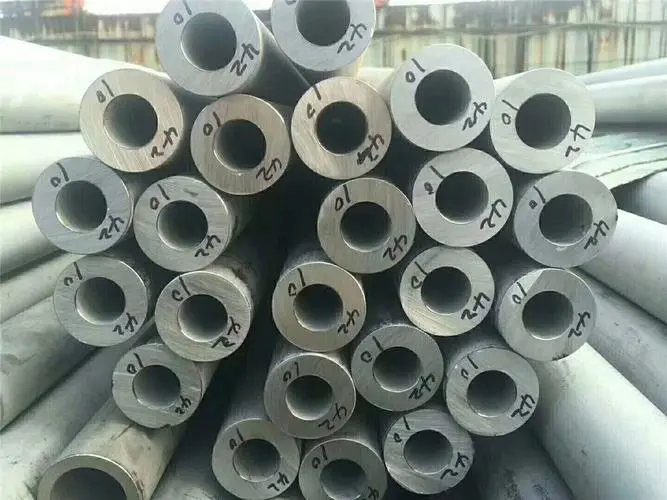The Ultimate Guide to Boiler Steel Pipes
Introduction: Boiler steel pipes play a crucial role in various industries, providing a reliable means of transporting high-temperature fluids and gases. Whether you’re a professional in the field or simply curious about this essential component, this comprehensive guide will walk you through everything you need to know about boiler steel pipes. From their properties and applications to maintenance tips, we’ve got you covered.
- Understanding Boiler Pipes:
- Definition and Composition: Boiler steel pipes are seamless or welded tubes made from carbon steel, alloy steel, or stainless steel. They possess exceptional strength, corrosion resistance, and thermal conductivity.
- Grades and Specifications: Boiler steel pipes are available in different grades, such as ASTM A192, ASTM A210, ASTM A335, and ASTM A106, each designed for specific temperature and pressure requirements.
- Applications of Boiler Steel Pipes:
- Power Generation: Boiler steel pipes are extensively used in power plants to carry steam at high temperatures and pressures, enabling efficient electricity generation.
- Petrochemical Industry: These pipes are vital for transporting hot gases and liquids in refineries and petrochemical plants, facilitating various processes like cracking, distillation, and reforming.
- Industrial Boilers: Boiler steel pipes are an integral part of industrial boilers, ensuring the safe and efficient transfer of heat to generate steam or hot water for heating systems or industrial processes.
- High-Temperature Services: They find applications in industries requiring high-temperature fluid transportation, including oil and gas, chemical processing, and food processing.
- Key Properties of Boiler Pipes:
- High Temperature Resistance: Boiler steel pipes can withstand extreme temperatures, making them suitable for carrying hot fluids and gases.
- Pressure Resistance: These pipes exhibit excellent strength and pressure resistance, ensuring the safe containment of high-pressure substances.
- Corrosion Resistance: Depending on the composition, boiler steel pipes can resist corrosion caused by hot gases, liquids, and chemicals.
- Thermal Conductivity: The high thermal conductivity of boiler steel pipes allows for efficient heat transfer, optimizing energy usage.
- Maintenance and Care:
- Regular Inspections: Conduct routine inspections to identify any signs of corrosion, leaks, or damage that may compromise the integrity of the pipes.
- Cleaning and Descaling: Remove scale, debris, and deposits from the pipes using appropriate cleaning methods to maintain their efficiency.
- Protective Coatings: Apply suitable coatings to enhance corrosion resistance and extend the lifespan of the boiler steel pipes.
- Proper Handling and Storage: Handle and store the pipes correctly, ensuring they are protected from physical damage and corrosive elements.
Conclusion: Boiler steel pipes are indispensable components in various industries, providing a reliable means of transporting high-temperature fluids and gases. Understanding their properties, applications, and maintenance requirements is crucial for ensuring their optimal performance and longevity. By following the guidelines outlined in this guide, you can make informed decisions regarding the selection, installation, and care of boiler steel pipes, contributing to the overall efficiency and safety of your operations.

Rizhao Azure-B Supply Chain Co.,Ltd is the top steel pipe stockist and distributor in China. As a first-tier agency of several major steel companies in China including TPCO, Baosteel and so on, We are committed to offering an easier way to international trade, leaving clients rest easy. Generally we hold steel pipe stock of at least 15000 tons per months with a sales about 30000 tons per month. In view of the special steel trade system in China, we are a major player in Chinese Steel market.
Get a qutor or price, Contact us or Email.
Whatsapp/Phone/Wechat: 0086 13953344264 Email: info@azure-b.com

